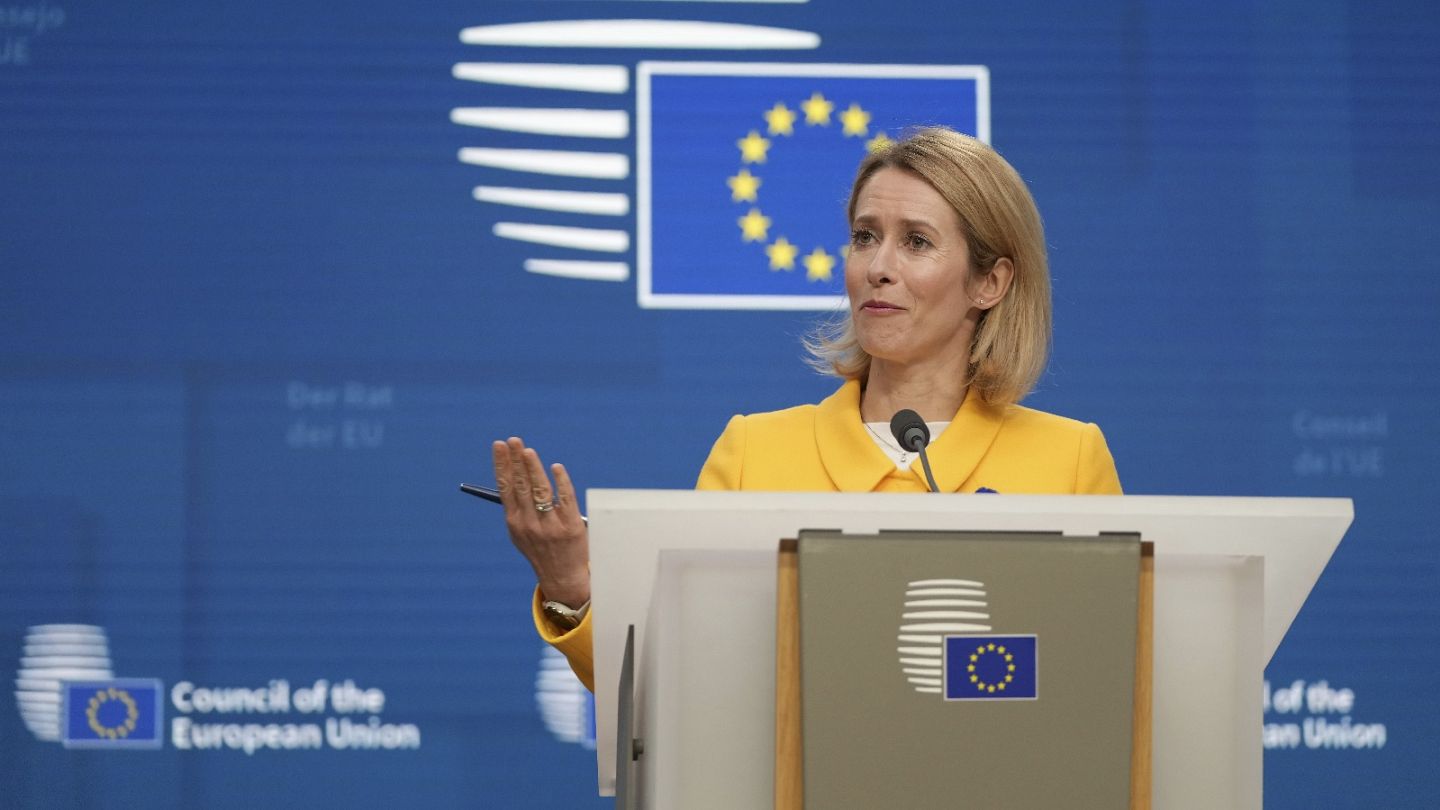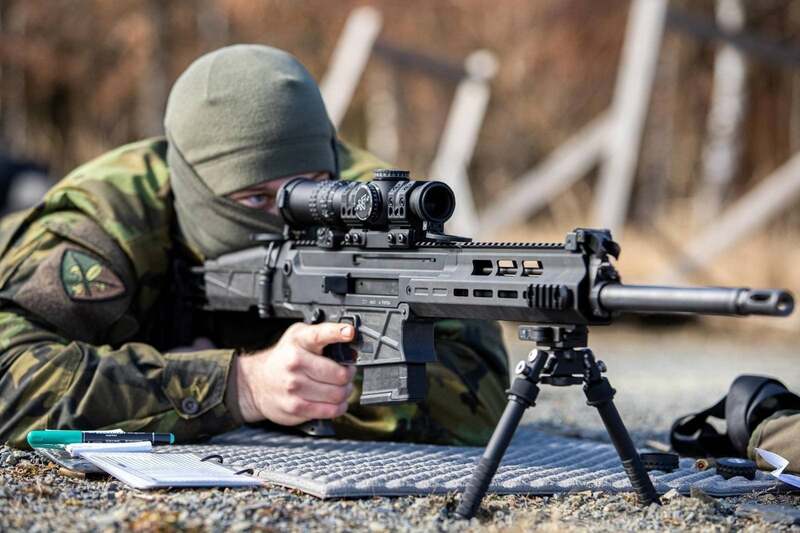Is Europe Gearing Up for War? (Thanks, Trump!)
Alright, let's be blunt. The smell of gunpowder is getting a little stronger across the Atlantic, and you might be wondering why. Is it just the usual geopolitical jitters, or is something more serious brewing? Well, buckle up, because it looks like Donald Trump's recent actions – or, shall we say, inactions – are playing a starring role in this unfolding drama. The big question is: are we witnessing the dawn of a new European arms race?

Now, before you start picturing hordes of tanks rolling across the continent, let’s unpack what's happening. The crisis in Ukraine has already sent shockwaves through Europe. But it's the growing uncertainty about American commitment – fueled by Trump's isolationist rhetoric and recent decisions – that's really lit a fire under European leaders.
Remember Emmanuel Macron’s recent televised address? He didn't mince words. According to our reliable sources, the French President explicitly stated that Russia threatens all of Europe and is looking to rearm itself and ramp up its defense spending, but with this statement, Macron has not been too forthcoming.
“If a country can invade its neighbor in Europe and go unpunished, nobody can be sure of anything. Beyond Ukraine, the Russian threat is real – it affects the European countries,”
Scary stuff, right? But then he dropped another bombshell: "I want to believe that the US will stand by our side, but we have to be ready for that not to be the case." In other words, Europe needs to be prepared to defend itself, with or without Uncle Sam. To this end, Macron is planning a meeting of European army chiefs in Paris next week, hinting at the possibility of commiting French troops as peacekeeping force in Ukraine if ceasefire is reached. In response to this clear and present danger, European nations are considering strategic priorities. As the Center for European Policy Analysis details, securing Ukraine and strengthening NATO are key steps. NATO is also focusing on deterring Russia and China by implementing innovative solutions and improving defence and deterrence across nuclear, conventional and sub-threshold arenas.

And he's not the only one sounding the alarm. German Defence Minister Boris Pistorius has warned that the war in Ukraine could expand to neighbouring countries and has emphasized that Bundeswehr must be "kriegstüchtig" (war ready). His urgent tone reflects a broader concern over the escalating conflict.
So, what does all this mean in practice? Well, it means countries are starting to seriously consider upping their defense game. For years, many European nations have been coasting, relying on the US security umbrella. Now, that umbrella feels like it's got a few holes in it.

Consider these points:
- Increased Defence Spending: Macron has unveiled new investments in France's defence sector without increases in tax. Financial Times analysis suggests these investments will be focused on high-tech, regionally made armaments, promoting economic growth and strengthening the industrial base.
- NATO's Warfighting Transformation: NATO is preparing for a conflict with Russia, said Dutch Admiral Rob Bauer, the NATO military committee chief. Bauer emphasized a need for a warfighting transformation of NATO to be fully effective.
- Steadfast Defender 2024 Exercise: NATO will soon be launching this exercise, which will involve some 90,000 troops who will rehearse the alliance's execution of its regional plans.
But where will this money come from? That’s the million-dollar (or rather, billion-euro) question. Germany, in particular, faces some serious hurdles. Germany's 2024 budget allocates 51.8 billion euros for defense, by itself short of the 2% of GDP NATO benchmark. With well-established limits on the fiscal deficit, increasing the defence budget to 2% of GDP will require an increase of approximately 30 billion euros over the 2024 defense outlay.

And let's not forget about the political implications. Even some of Trump's staunchest supporters are raising eyebrows at his recent moves. Marine Le Pen, leader of France's far-right National Rally party, called the decision to halt aid "brutal," "cruel," and "reprehensible." If even she's worried, you know things are getting dicey.
So, is Europe about to become a heavily armed fortress? Probably not. But it’s likely that the European countries are about to take defense a lot more seriously. And in a world that seems to be getting more unpredictable by the day, that might just be a necessary evil.
The world is changing, folks. Are we ready for it? Are our leaders? Only time will tell if Europe's "rearmament race" is a blip on the radar or a sign of things to come.